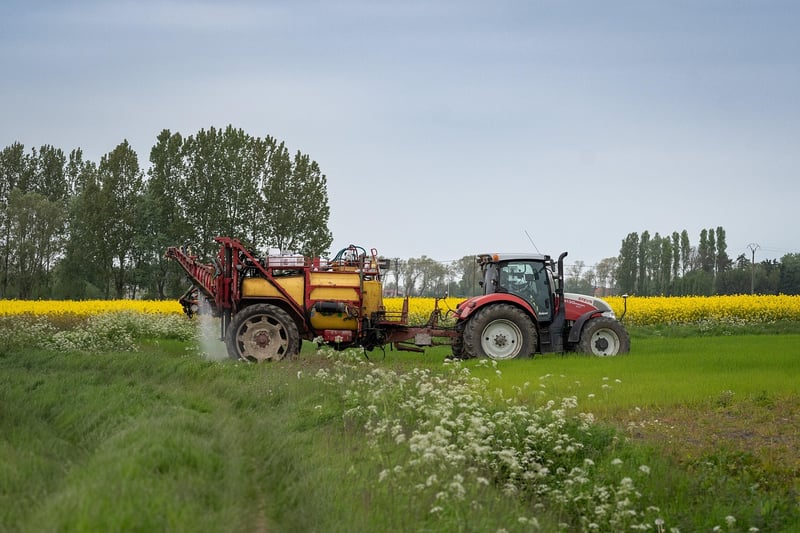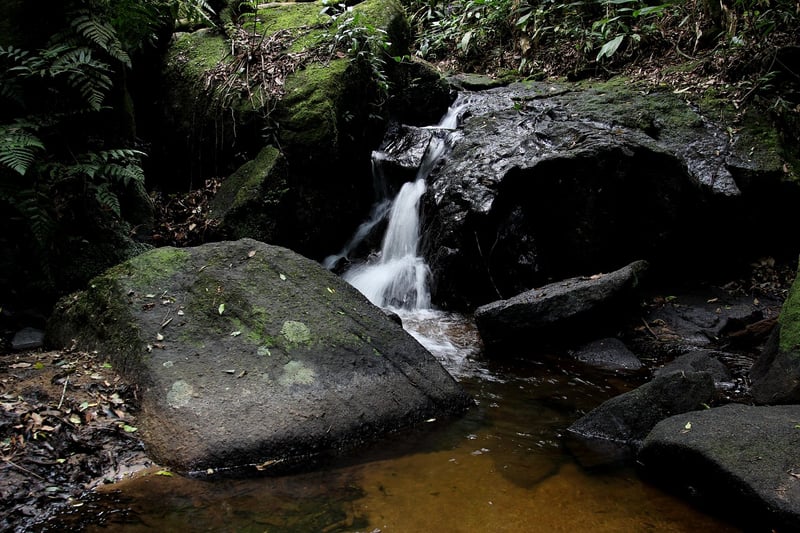Watering Techniques
Practical Advice for Beginners: Watering Techniques
Introduction
Welcome to the world of gardening! If you're just starting out on your gardening journey, one of the essential skills you'll need to master is proper watering techniques. Watering your plants the right way is crucial for their growth and overall health. In this guide, we'll provide you with practical advice on watering techniques for beginners.
1. Understand Your Plants' Watering Needs
Before you start watering your plants, it's important to understand the specific watering needs of each type of plant in your garden. Some plants require more frequent watering, while others prefer drier conditions. Research the watering requirements of your plants to avoid overwatering or underwatering.
2. Water in the Morning
One of the best practices for watering is to do it in the morning. Watering in the morning allows the plants to absorb the water before the heat of the day evaporates it. This helps prevent water loss and ensures that your plants are adequately hydrated throughout the day.
3. Water at the Base of the Plants
When watering your plants, aim to water at the base of the plants rather than overhead. Watering at the base helps deliver water directly to the roots where it's needed most. Avoid wetting the foliage excessively, as this can lead to fungal diseases.
4. Use the Right Watering Tools
Invest in the right watering tools such as a watering can, hose, or drip irrigation system. Different plants may require different watering methods, so choose the tool that best suits your garden's needs. Watering cans are great for precise watering, while drip irrigation systems are efficient for larger gardens.
5. Check the Soil Moisture
Before watering your plants, check the soil moisture level. Stick your finger into the soil to see if it's dry or moist. Avoid watering if the soil is still wet, as overwatering can suffocate the roots. A moisture meter can also be handy for determining when to water your plants.
6. Mulch Your Garden
Applying mulch to your garden helps retain soil moisture and reduces water evaporation. Mulch also helps regulate soil temperature and suppresses weed growth. Consider using organic mulch such as straw, wood chips, or compost to improve your garden's water retention.
Conclusion
Mastering proper watering techniques is essential for the success of your garden. By understanding your plants' watering needs, watering in the morning, using the right tools, checking soil moisture, and mulching your garden, you'll be on your way to nurturing healthy and thriving plants. Remember, practice makes perfect, so don't be afraid to experiment and adjust your watering routine based on your observations.
Happy gardening!

For more gardening tips and tricks, check out Gardeners.com.
